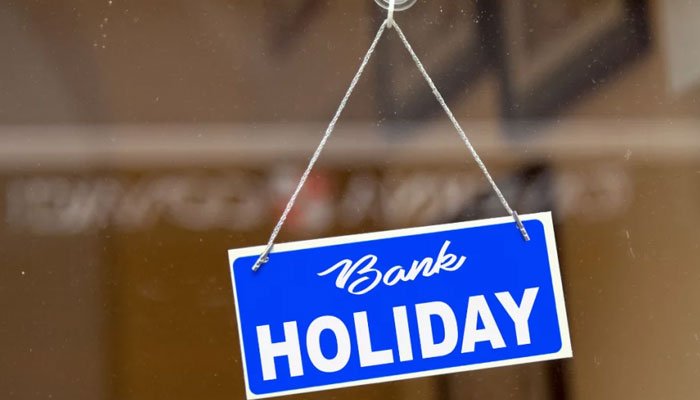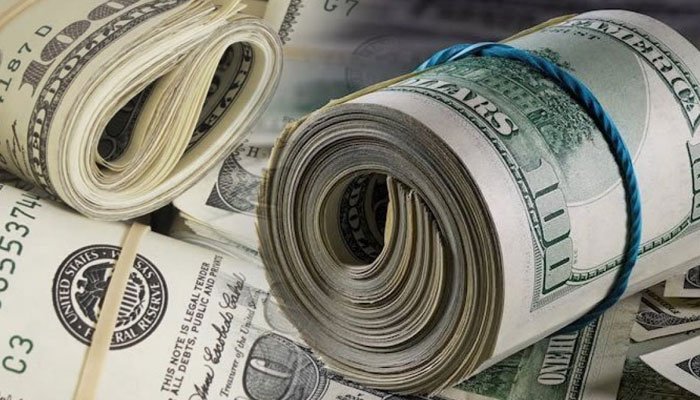The gold rate in Pakistan recorded a small dip on Saturday, offering slight relief to buyers but keeping prices within touching distance of historic highs. According to the All Pakistan Sarafa Gems and Jewelers Association (APSGJA), 24-karat gold per tola fell by Rs. 300, settling at Rs. 362,400, compared to Rs. 362,700 on the previous trading day.
Despite this modest decline, domestic gold prices remain just shy of the all-time high of Rs. 364,900 per tola recorded earlier this year.
Current Price Breakdown
- 24K per tola: Rs. 362,400 (↓ Rs. 300)
- 24K per 10 grams: Rs. 310,699 (↓ Rs. 257)
- 22K per 10 grams: Rs. 284,817 (↓ Rs. 236)
In the international market, the price of gold fell by $3 to $3,397 per ounce, down from $3,400 the previous day. Silver prices also eased slightly, slipping $0.09 to $38.31 per ounce, according to Kitco.
Factors Behind the Price Dip
The minor pullback in the gold rate in Pakistan reflects movements in the global bullion market. Analysts point to three main drivers:
- Profit-taking by investors after recent record highs in global gold.
- A stronger U.S. dollar, which typically pressures precious metal prices.
- Stable Pakistani rupee over the last few trading sessions, which reduced the impact of international price gains on the local market.
However, the decline remains limited because underlying market conditions continue to favor gold demand. Geopolitical uncertainty, inflation concerns, and potential interest rate cuts in major economies are keeping gold’s safe-haven appeal intact (Bloomberg).
Why Gold Prices Remain Near Record Levels
Even with the small drop, gold prices in Pakistan are holding firm near all-time highs. This resilience is largely due to:
- Currency depreciation: A weaker rupee earlier in the year significantly increased the local cost of gold imports.
- Seasonal demand: The ongoing wedding season traditionally boosts gold purchases for jewelry.
- Global uncertainty: Tensions in key regions and uncertain economic growth keep investors turning to gold.
Earlier in 2025, gold surged past multiple price milestones, rising over 11% in just a few months (Livemint).
Expert Commentary
Local jewelers say the current environment is a “wait-and-watch” scenario.
“While prices have eased slightly, any shift in the global market or rupee value can quickly push gold back to record highs,” said a Karachi-based dealer.
Market experts also recommend closely monitoring U.S. Federal Reserve policy signals and global inflation data, as both factors directly influence bullion prices worldwide.
Impact on Buyers and Investors
For consumers, even small price drops can make a difference in bulk jewelry purchases, particularly during wedding season. However, gold remains expensive, and buyers may seek cost-saving alternatives such as lighter designs or lower karatage jewelry.
For investors, the gold market’s long-term upward trend makes it an attractive hedge against economic uncertainty. Beyond physical gold, options like gold-backed ETFs and digital gold platforms offer exposure without the costs of storage or security. Global gold ETF data is available through resources like the World Gold Council.
City-wise Gold Prices
Rates can vary slightly across Pakistani cities depending on transport costs and local demand:
- Karachi, Lahore, Islamabad: Rs. 362,400 per tola (24K)
- Faisalabad: Rs. 362,450–362,500 per tola (24K)
- Peshawar & Quetta: Similar to national average, with minor fluctuations.
Live market updates are available from platforms like Gold.
Outlook for the Coming Weeks
The short-term trend will depend on:
- Global market sentiment — Any sharp movement in the U.S. dollar or global equities can impact gold demand.
- Local currency performance — A weakening rupee could make gold more expensive domestically.
- Central bank policies — If major economies ease monetary policy, gold could benefit from lower yields on competing assets.
Several analysts expect that unless a major downward shock occurs, the gold rate in Pakistan will remain above Rs. 360,000 per tola in the near term. Some even predict another record high if geopolitical tensions or inflation fears intensify.
ALSO READ: Pakistan, Iran aim to boost bilateral trade to $10 billion





